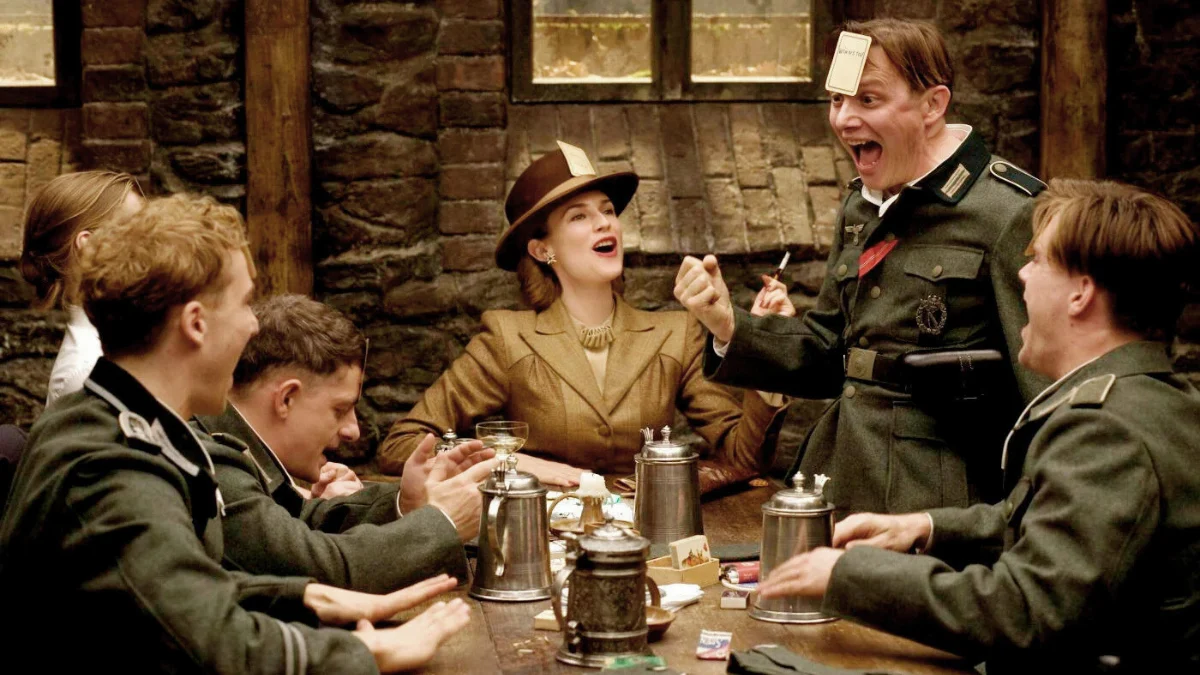
Quentin Tarantino’s 2009 film, ‘Inglourious Basterds,’ brought his signature style to the World War II setting. The movie blended historical events with fast-paced, dramatic storytelling, following several connected storylines. These included a group of Jewish-American soldiers dedicated to frightening the Nazis, a French theater owner pursuing vengeance, and the emergence of the clever SS officer Hans Landa. Known for its witty dialogue, dark humor, and intense violence, the film quickly became one of Tarantino’s most acclaimed movies.
‘Inglourious Basterds’ was a critical success, receiving several Academy Award nominations, and Christoph Waltz won Best Supporting Actor for his memorable performance as Colonel Landa. Beyond its sleek style and unique ending, the film is filled with interesting details. Here are ten facts you probably didn’t know about its making.
The Title Was Intentionally Misspelled
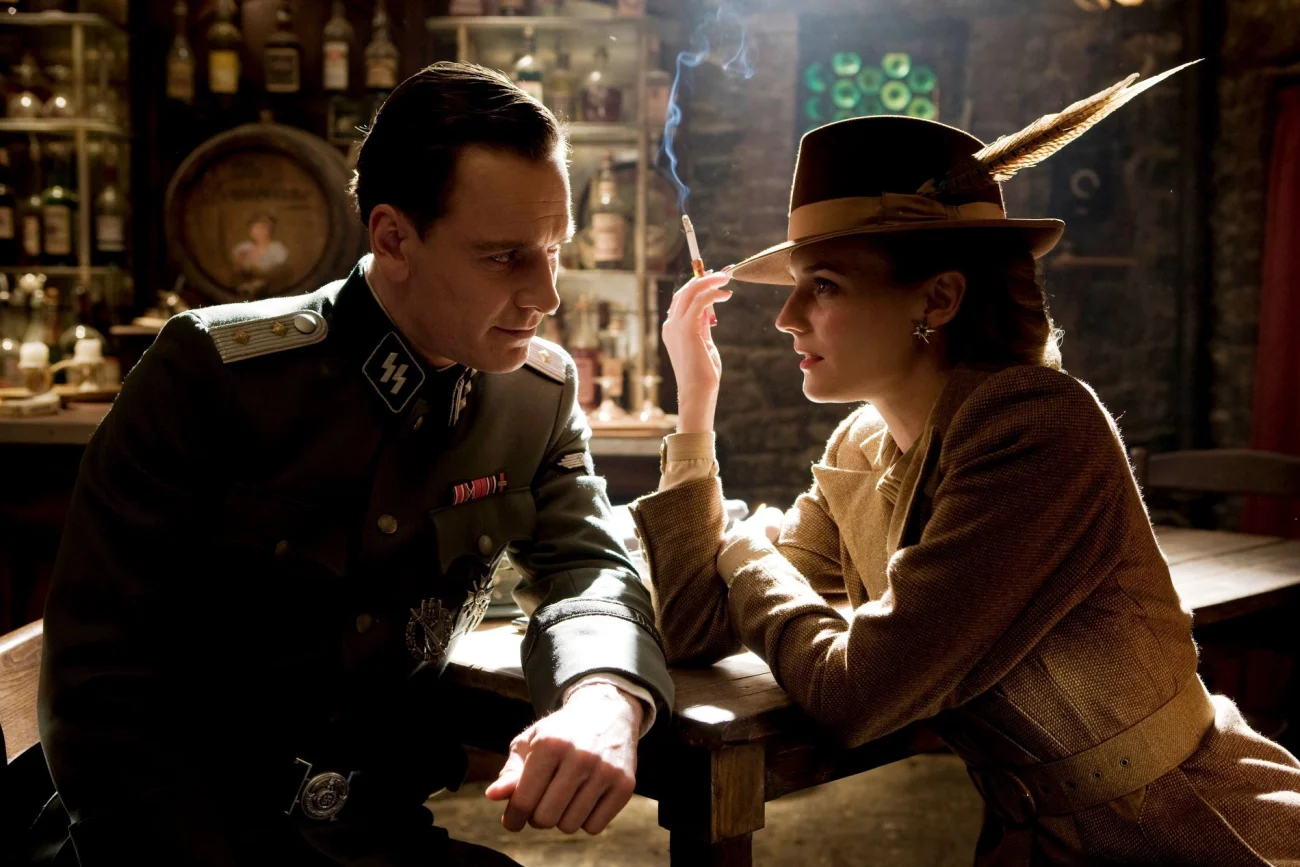
Quentin Tarantino hasn’t clearly stated why he spelled ‘Inglourious Basterds’ with an ‘o’ instead of a ‘u,’ but he’s suggested it was to make the title stand out and be distinctive.
The unusual spelling of the title immediately made it stand out and helped differentiate it from the 1978 war film ‘The Inglorious Bastards’ by Enzo G. Castellari, which served as a loose inspiration for Tarantino’s film.
Christoph Waltz Nearly Didn’t Get Cast
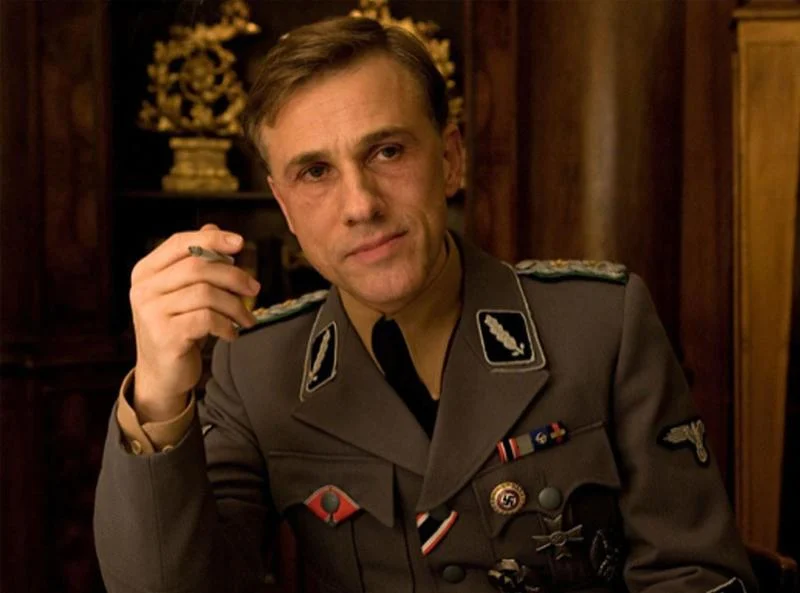
Quentin Tarantino had a hard time casting the part of Colonel Hans Landa, believing it might be impossible to play convincingly. Christoph Waltz ultimately auditioned and impressed everyone so much that he landed the role.
Waltz’s performance earned him an Academy Award and launched him into international stardom.
Brad Pitt’s Aldo Raine Had a Unique Accent
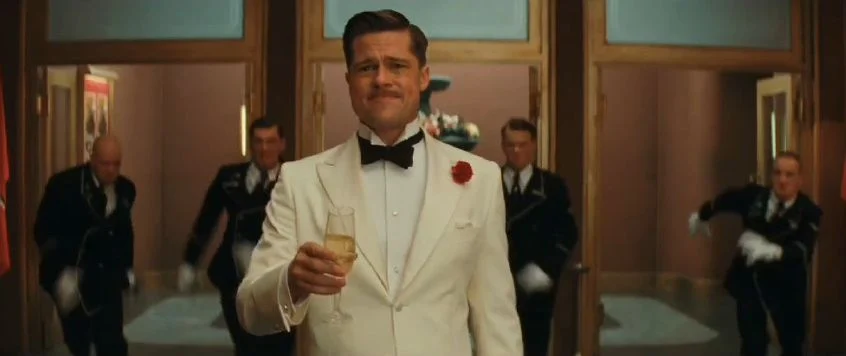
Brad Pitt played Lieutenant Aldo Raine with a strong accent from the Appalachian region. Director Quentin Tarantino aimed to make the character feel bigger than life, similar to a legendary figure.
The accent also added humor, especially in the scene where Aldo pretends to speak Italian.
The Opening Scene Took Weeks to Film
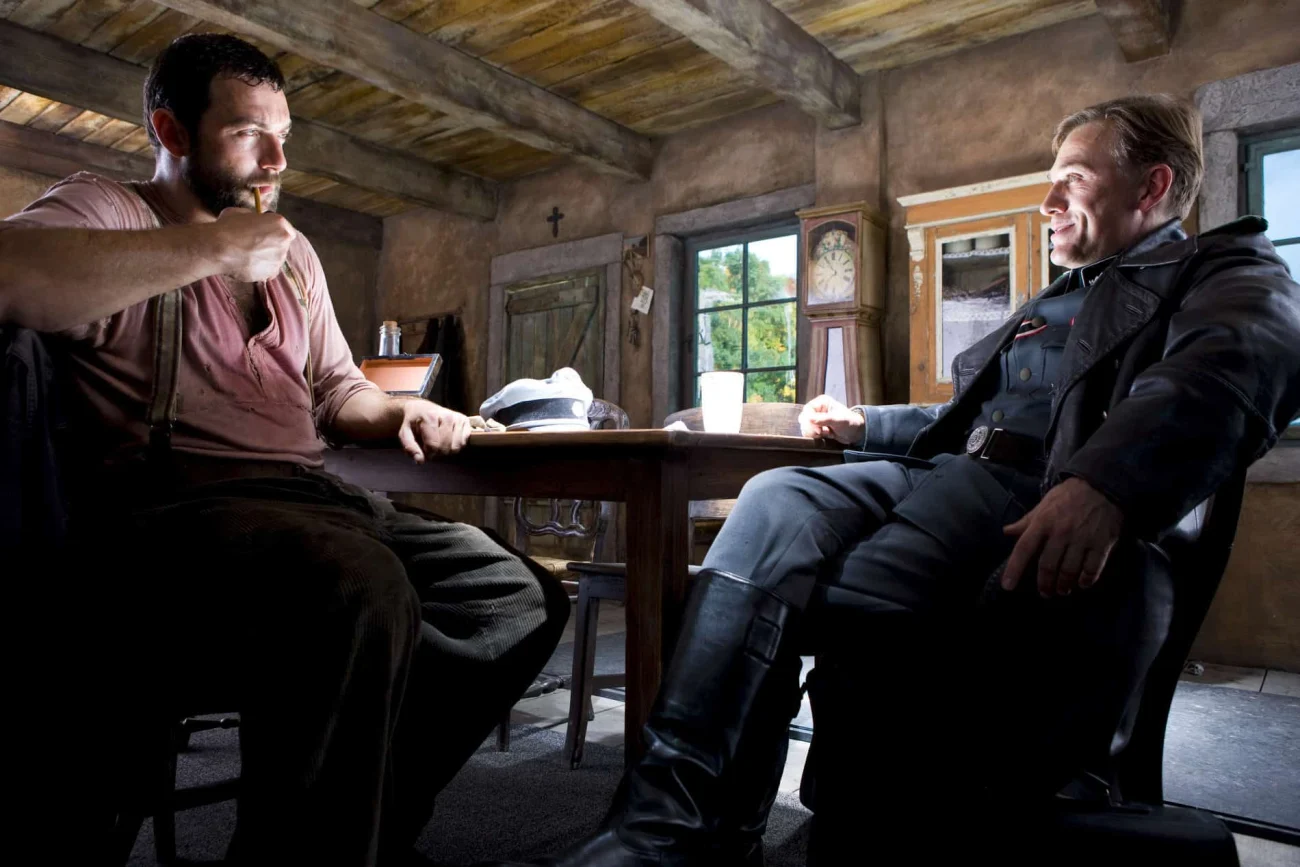
Filming the suspenseful farmhouse scene with Hans Landa took several weeks. Quentin Tarantino deliberately paced it to build tension, resulting in a famously gripping start to the movie.
The combination of long takes, shifting languages, and Landa’s polite menace made it unforgettable.
Shosanna’s Story Was Inspired by Revenge Tales

Mélanie Laurent plays Shosanna Dreyfus, a character whose quest for revenge felt familiar to fans of classic revenge films. The most powerful part of the movie was her plan to destroy a cinema filled with Nazis.
This storyline gave the film both personal stakes and a larger sense of poetic justice.
Eli Roth Directed the Propaganda Film Within the Film
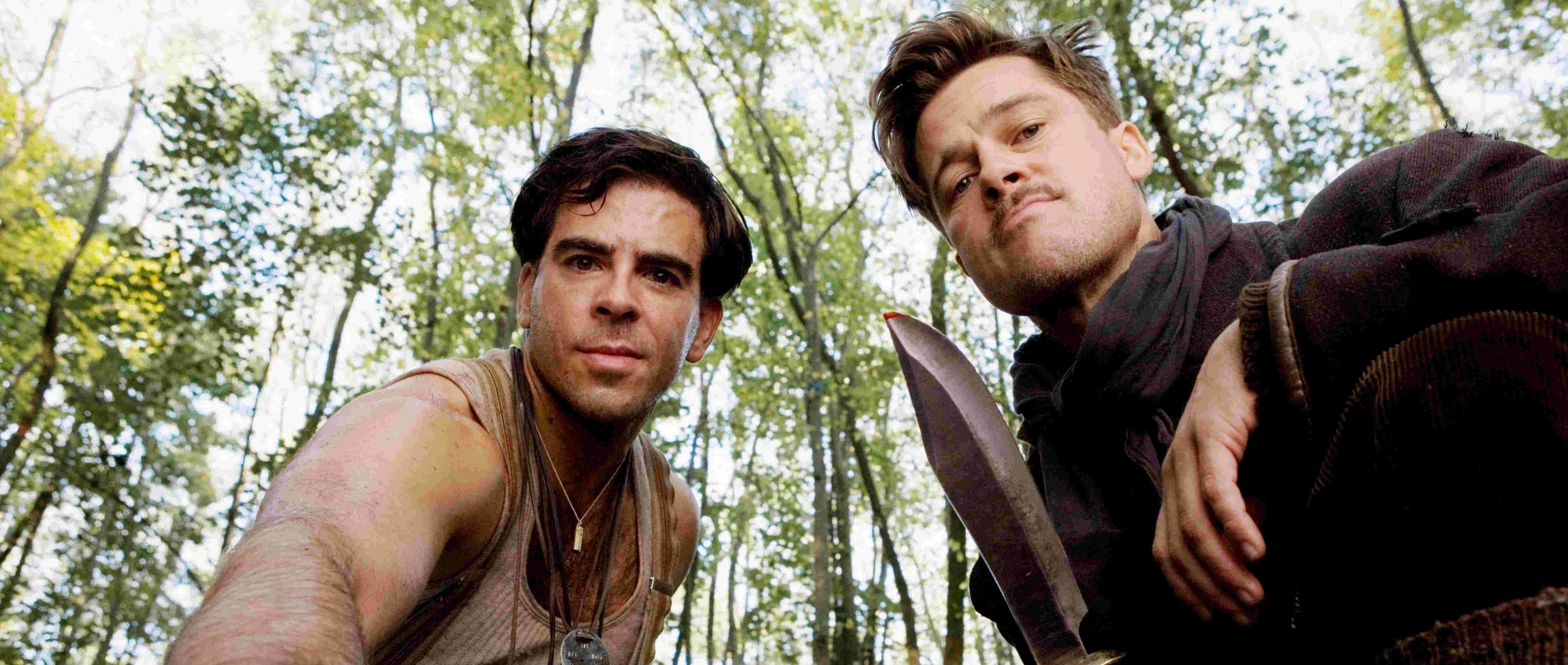
Eli Roth not only acted as Sergeant Donny Donowitz in ‘Inglourious Basterds,’ but he also directed the fictional Nazi propaganda film shown in the movie, called ‘Nation’s Pride.’
This skill enabled Roth to work on both sides of the camera, enriching the film’s complex narrative.
Quentin Tarantino Considered Making It a Miniseries

The first draft of ‘Inglourious Basterds’ was quite lengthy, and Quentin Tarantino even thought about making it a miniseries before deciding to shorten it into a movie.
He trimmed the story down to two and a half hours, emphasizing the connected storylines that shaped the final version.
The Strudel Scene Was Rich with Symbolism

The café scene with Landa and Shosanna, where he insists she eat cream-filled strudel, was incredibly tense. Tarantino cleverly used the food – a seemingly harmless dessert – to create a feeling of psychological pressure and control.
The scene highlighted Shosanna’s fear and the disturbing way Landa was in control, creating a sense of unease and anticipation without resorting to violence.
David Bowie’s Music Was Used Unexpectedly
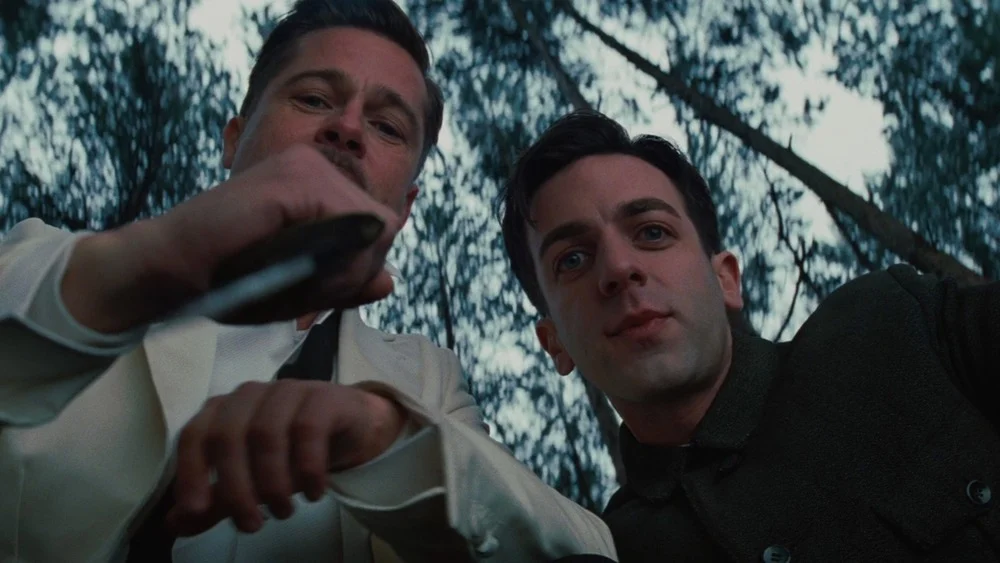
During a scene where Shosanna prepares to take revenge, the film used David Bowie’s song “Cat People (Putting Out Fire).” While the song wasn’t from the time period of the film, it matched the movie’s daring and unique mix of genres.
Tarantino frequently pairs contemporary music with scenes set in the past, and this technique added a lot of vibrancy and feeling to the sequence.
It Changed History in Explosive Fashion
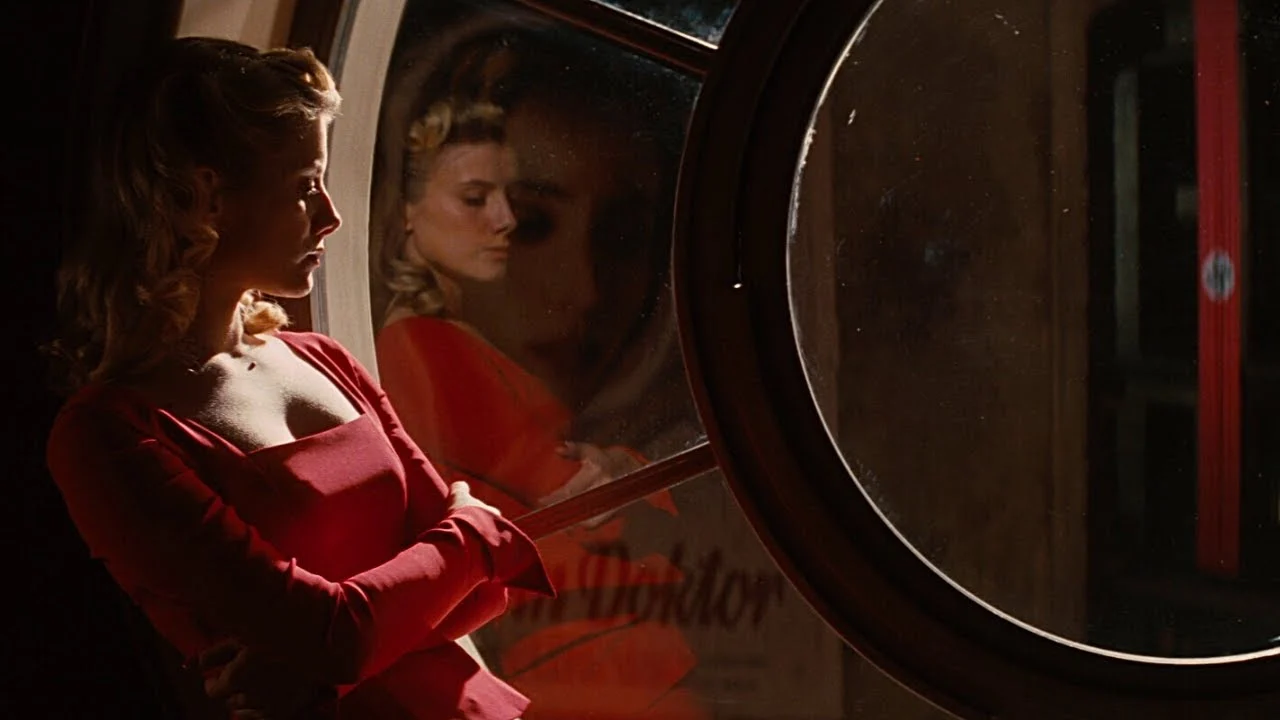
Most war movies stick to what actually happened, but ‘Inglourious Basterds’ takes a different approach. It imagines a scenario where Hitler and his top commanders are killed in a cinema, changing history completely.
The film’s surprising and unconventional ending really stood out to viewers and became a key part of what made it memorable, demonstrating Tarantino’s tendency to defy expectations.
Read More
- Gold Rate Forecast
- 2025 Crypto Wallets: Secure, Smart, and Surprisingly Simple!
- The 10 Most Beautiful Women in the World for 2026, According to the Golden Ratio
- ETH PREDICTION. ETH cryptocurrency
- HSR 3.7 story ending explained: What happened to the Chrysos Heirs?
- Top 15 Insanely Popular Android Games
- Games That Faced Bans in Countries Over Political Themes
- ‘Zootopia 2’ Wins Over Critics with Strong Reviews and High Rotten Tomatoes Score
- The Best Actors Who Have Played Hamlet, Ranked
- Here Are the Best TV Shows to Stream this Weekend on Paramount+, Including ‘48 Hours’
2025-09-23 19:45